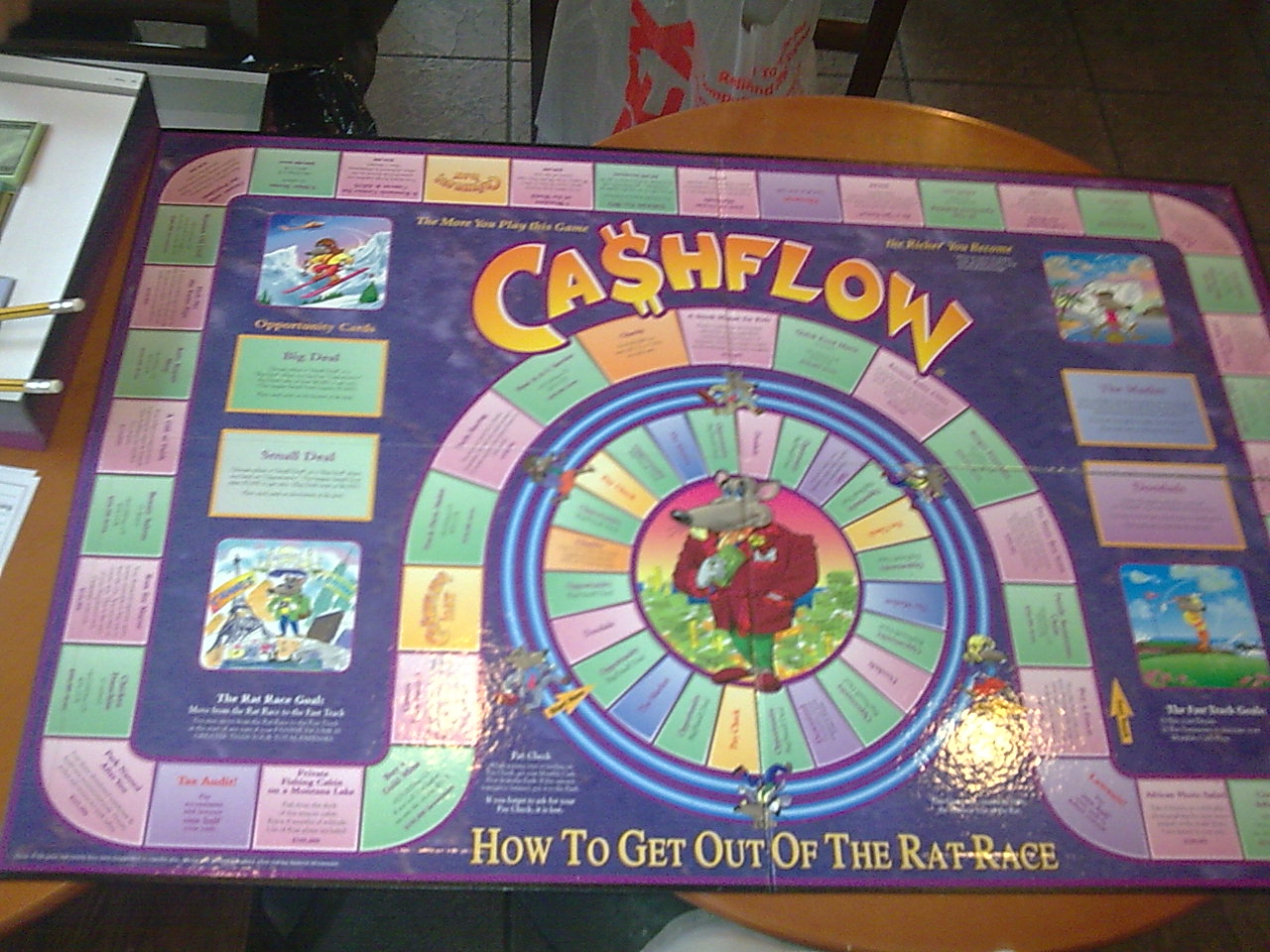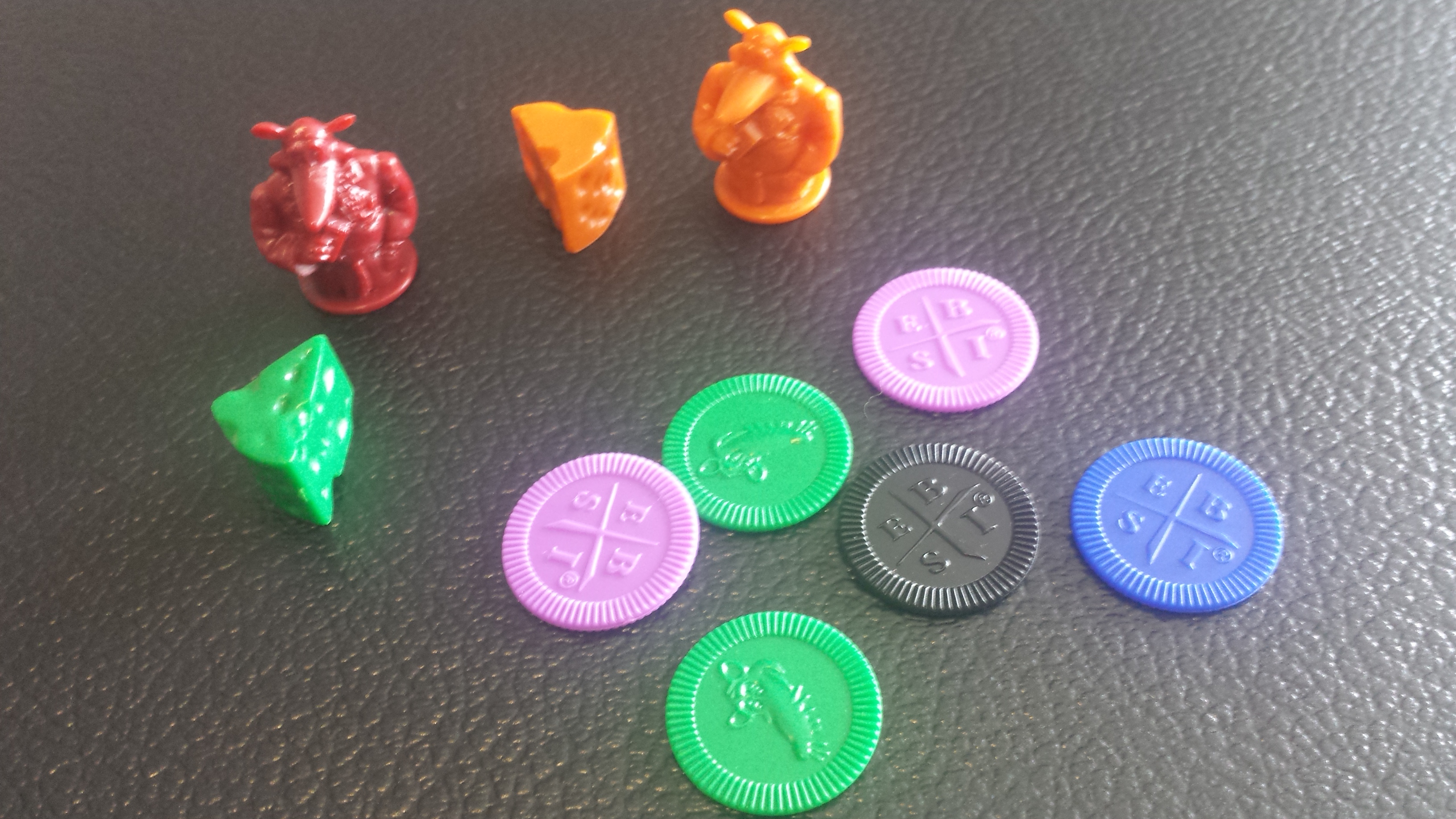

Once we leave school, most of us know that it is not so much a matter of college degrees or good grades that count. Lesson 5: Often in the real world, it’s not the smart who get ahead but the bold. This seems like a better way to lower taxes. Personally, I prefer his other advice for lowering taxes (later in the book): work to reduce earned income (which is taxed at the highest rates) and increase investment income (which can either deduct expenses before being taxed or is taxed at lower, capital gains rates). It seems a bit scammy to me even if it may be technically correct and allowed by law. This maybe true, but you also have to do some things that could be considered shady like “have board meetings in Hawaii” (to effectively move personal expenses - which are paid with after-tax money - to corporate expenses which are paid before taxes.) The basic gist is that taxes kill most people and by forming corporations you can reduce taxes. Lesson 4: Corporations are the biggest secret of the rich.Ī corporation can do many things that an employee cannot, like pay expenses before paying taxes. I could now measure and know where I was in terms of my goal to become financially independent. Unlike net worth - which is the difference between your assets and liabilities, and is often filled with a person’s expensive junk and opinions of what things are worth - this definition creates the possibility for developing a truly accurate measurement.

Kiyosaki doesn’t follow the traditional definition of net worth, but defines wealth this way: If you can earn a lot and spend little, you can create a huge gap that will fund a boatload of investing - which will make you wealthy. He’s also very adamant about keeping expenses low, which is something I like. It’s not that he says to abandon your career, he just advocates using career income for the right purposes, to invest in assets and not spend it all on consumer products. I think Kiyosaki gets an anti-job label from some that’s not deserved. Keep expenses low, reduce liabilities, and diligently build a base of solid assets. Keep your daytime job, but start buying real assets, not liabilities or personal effects that have no real value once you get them home.

Lesson 3: The rich focus on their asset columns while everyone else focuses on their income statements. He lists a personal residence as a liability, not an asset, because it has many associated costs with it. Robert Kiyosaki defines assets and liabilities as follows:Īnything that has value, produces income or appreciates, and has a ready market. If you want to be rich, this is all you need to know. You must know the difference between an asset and a liability, and buy assets. Lesson 2: It’s not how much money you make. If a young person can read these ideas, internalize them, and take action, they can become quite wealthy at a relatively young age. What a valuable concept! I wish I had learned this when I read the book the first time. I’ve learned to put my money to work for me and enjoy the tax benefits of generating income that doesn’t come from a paycheck. High-paying jobs mean two things: you’re working for money and the taxes you pay will probably increase. The rich have money work for them.īuying or building assets that deliver cash flow is putting your money to work for you. Lesson 1: The poor and middle class work for money. Here are some of the lessons I learned from the book… I bought a hard copy of the Rich Dad Poor Dad from National Book Store and it was the first book I read this year. Many authors and successful people recommended the Rich Dad Poor Dad, so I thought, “I need to go back and read that book.”Īnd that’s what I did. Then pandemic came and I started reading self-help books. Robert Kiyosaki and the book have received support from Oprah Winfrey, Will Smith, Donald Trump, and more. While there are many critics of the book, there’s also no doubt the book has been a massive success. That the author, Robert Kiyosaki, is a fraud/cheat/swindler/you-name-it.That there was no rich dad - it’s a fictional account being presented as fact.Maybe because I was bothered by these controversies:

I considered a re-read a few times, but for some reason I couldn’t finish reading it.


 0 kommentar(er)
0 kommentar(er)
